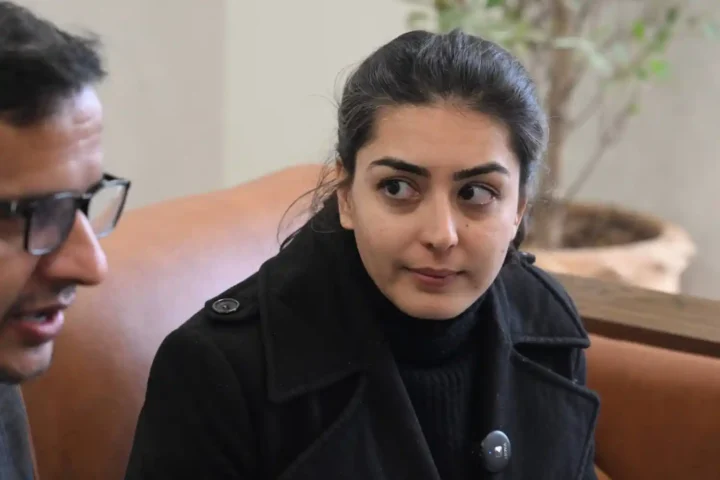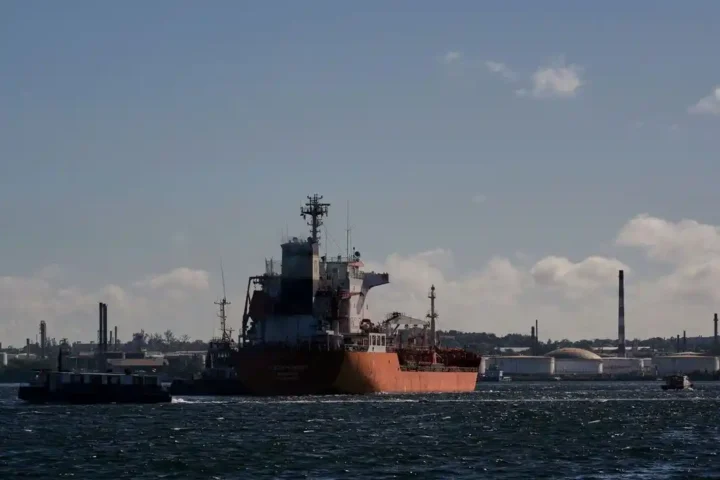The Syrian conflict has taken a dramatic turn, with developments in Aleppo and Hama reshaping the balance of power in the region. Central to this unfolding drama is Turkey, whose strategic interests and alliances are being tested as the rebel offensive makes significant gains against the regime of Syrian President Bashar al-Assad.
Turkey’s Complex Alliance
Turkey has long been the primary external supporter of the Syrian rebels, leveraging its geographical proximity and political alignment with opposition forces. President Recep Tayyip Erdoğan’s government initially backed the 2011 Arab Spring uprising against Assad and has since supported various rebel factions, including the Syrian National Army (SNA). The SNA, often seen as an extension of Turkish policy in northern Syria, has been instrumental in Ankara’s efforts to counter the influence of Kurdish groups, particularly the Syrian Democratic Forces (SDF).
However, the current offensive, spearheaded by Ha’yat Tahrir al-Sham (HTS)—a former jihadist organization turned semi-governmental entity—presents a challenge for Turkey. While HTS has reportedly received Turkish arms and drones in the past, Ankara does not control the group, which operates independently and harbors a jihadist disposition that raises concerns for Turkish policymakers.
Gains in Aleppo and Hama
The swift capture of Aleppo and Hama by rebel forces has exposed significant weaknesses within Assad’s regime. Aleppo’s fall, a strategic win for the rebels, signals a potential shift in the war’s dynamics and offers Turkey an opportunity to increase its influence in Syria. Yet, HTS’s growing power and autonomy worry Ankara, as the group’s actions could trigger further chaos and refugee flows—a politically sensitive issue for Erdoğan’s government, already under domestic pressure due to earlier waves of refugees.
The capture of Hama, a city at the crossroads of key Syrian territories, sets the stage for further rebel advances toward Homs and possibly Damascus. Erdoğan’s recent comments expressing hope that insurgents will press their offensive to Damascus underline Turkey’s complex position: while a weakened Assad benefits Ankara, the prospect of HTS leading the charge creates new uncertainties.
Balancing Regional and Domestic Concerns
Turkey’s focus on the Kurdish SDF adds another layer of complexity. The SDF, a U.S.-backed force rooted in the Turkish-Kurdish insurgency, remains Ankara’s primary concern. Turkish operations against the SDF, carried out through the SNA, have strained relations with Washington, with Ankara fearing that Syrian Kurds may secure autonomy similar to Iraq’s Kurdistan Regional Government.
Meanwhile, the rebellion has provided cover for Turkey to intensify its campaign against Kurdish positions, further complicating its ties with HTS, which has criticized the SNA for prioritizing Kurdish targets over the broader offensive.
Assad’s Dwindling Support
On the other side of the conflict, Assad’s allies—Russia, Iran, and Hezbollah—are grappling with their own limitations. Russia, preoccupied with its war in Ukraine, has been unable to provide decisive support, while Iran and Hezbollah face weakening influence due to recent confrontations with Israel. Iraqi Shi’a militias and other pro-Iranian forces have stepped in, but their contributions may not be enough to reverse rebel gains.
Assad’s diminishing options raise questions about the future of his regime. The fall of Damascus could result in a power vacuum, with no clear successor to Assad and the risk of Syria’s chemical weapons falling into the wrong hands.
The Prospect for Peace
Amid these rapidly shifting dynamics, the likelihood of a revived peace process in Syria remains slim. The zero-sum nature of the conflict pits HTS and Assad in a fight for survival, leaving little room for negotiation. While some Arab states, including the UAE, have politically realigned with Assad, they lack the military capacity to bolster his position. For the United States and Israel, Assad’s potential collapse presents a paradox: it would deal a blow to Iran’s influence but risks the emergence of a destabilizing jihadist state.
The stakes are high for all involved, with Turkey navigating a precarious balance between its regional ambitions and domestic challenges. As the battle for Syria unfolds, Erdoğan faces tough choices that could define Turkey’s role in shaping the country’s future.











